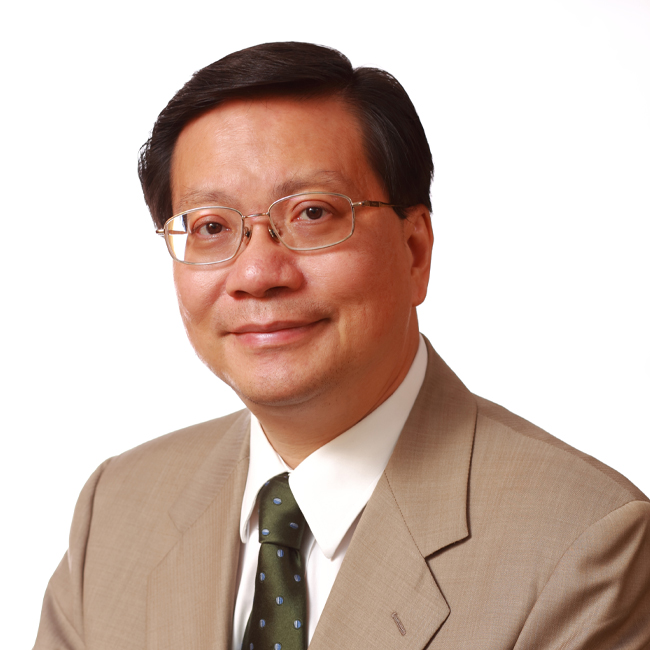
Professor Anthony Cheung
Since the 1990s, the notion of “good governance” has dominated global academics’ and policy practitioners’ discourses. In the real world, “good enough governance” refers to government intervention for producing core public goods, as Professor Anthony Cheung presented at the third session of Cities and Governance Seminar Series, Professor Cheung is the former Secretary for Transport and Housing in the HKSAR Government (2012-2017).
While academics and activists worry about citizen participation, political engagement, institutional defects and capacity constraints, urban managers argue that they are constrained by insufficient public budgets, the politicisation of local issues, the complexity of urban problems and the inflexibility of bureaucracies.
He cited Francis Fukuyama’s observation that “being skilled in policy analysis is woefully inadequate to bring about policy change in the real world”. This would seem to be borne out by the way in which some world leaders – such as President Donald Trump – routinely ignore expert advice on the COVID-19 pandemic.
“The policy ‘real world’ is complex, messy and at times chaotic, or even illogical - but this is the real world,” Professor Cheung noted. He illustrated his point by drawing on his own experience working in government on housing and transport issues.
Housing affordability has long been Hong Kong’s number one problem. Over the past decade, home prices increased by a multiple of 2.2 and rental costs rose by 80%. One obvious solution is to increasing housing supply – but the question is - where should the new homes be built? Whether are they built on reclaimed land, on the fringe areas of country parks or re-zoned areas? All these suggestions have faced a lot of resistance from local interests, environmental groups and legislators.
Still, despite the objections, Professor Cheung was able to put “demand management” measures in place between 2012 and 2016, and these have proved relatively effective in slowing rises in housing prices and rent levels.
Regarding transportation issues, he was keen to promote public transport and discourage the use of private cars. It would go through a congestion charging system, which is supported by most of transport economists and experts. In 2015, he launched a pilot scheme in Central. “At the time I told the media the question was not whether but how we do it.”
However, the HKSAR government ultimately yielded to pushback from legislators and the car-owner lobbyists.
It has to be accepted, Professor Cheung said, that endorsement by experts does not necessarily help improve the real politics at all. For many citizens, when it comes to the crunch of a tough trade-off between, say, immediate versus long-term interests, the spirit is often willing but the flesh weak.
Professor Cheung ended his presentation by asking: who will articulate the real public interests and speak for the disorganized? How can urban governance challenges be tackled in Hong Kong when the government lacks a popular mandate and public trust?


